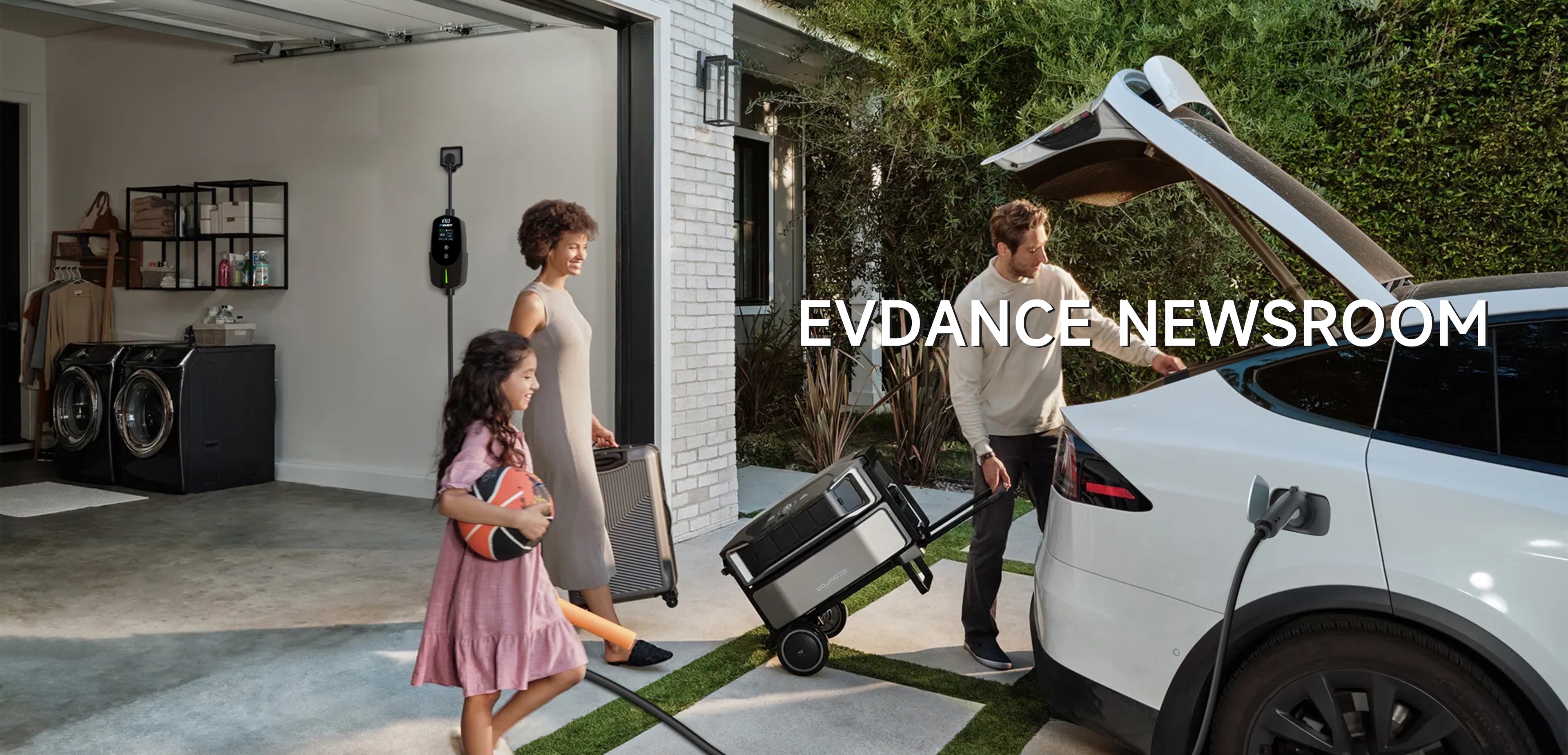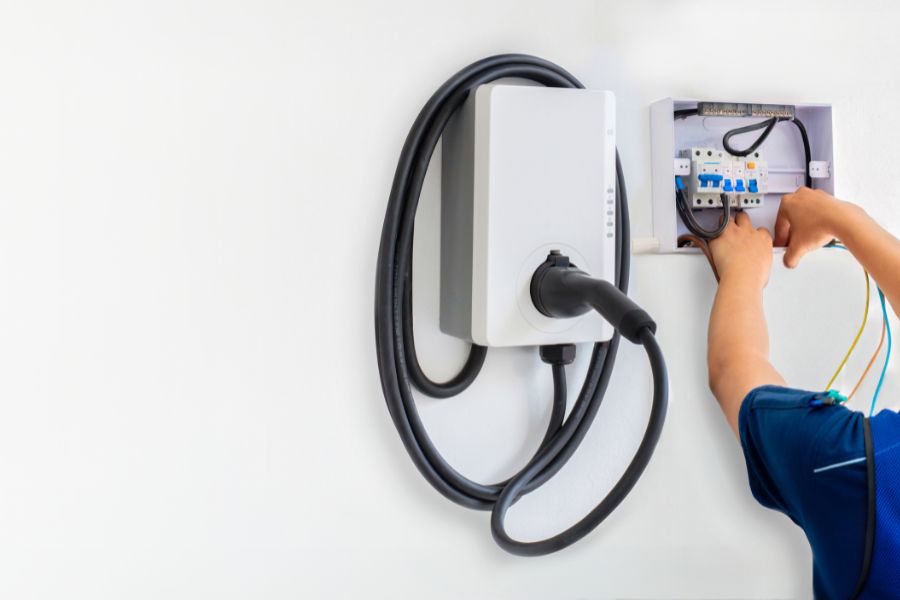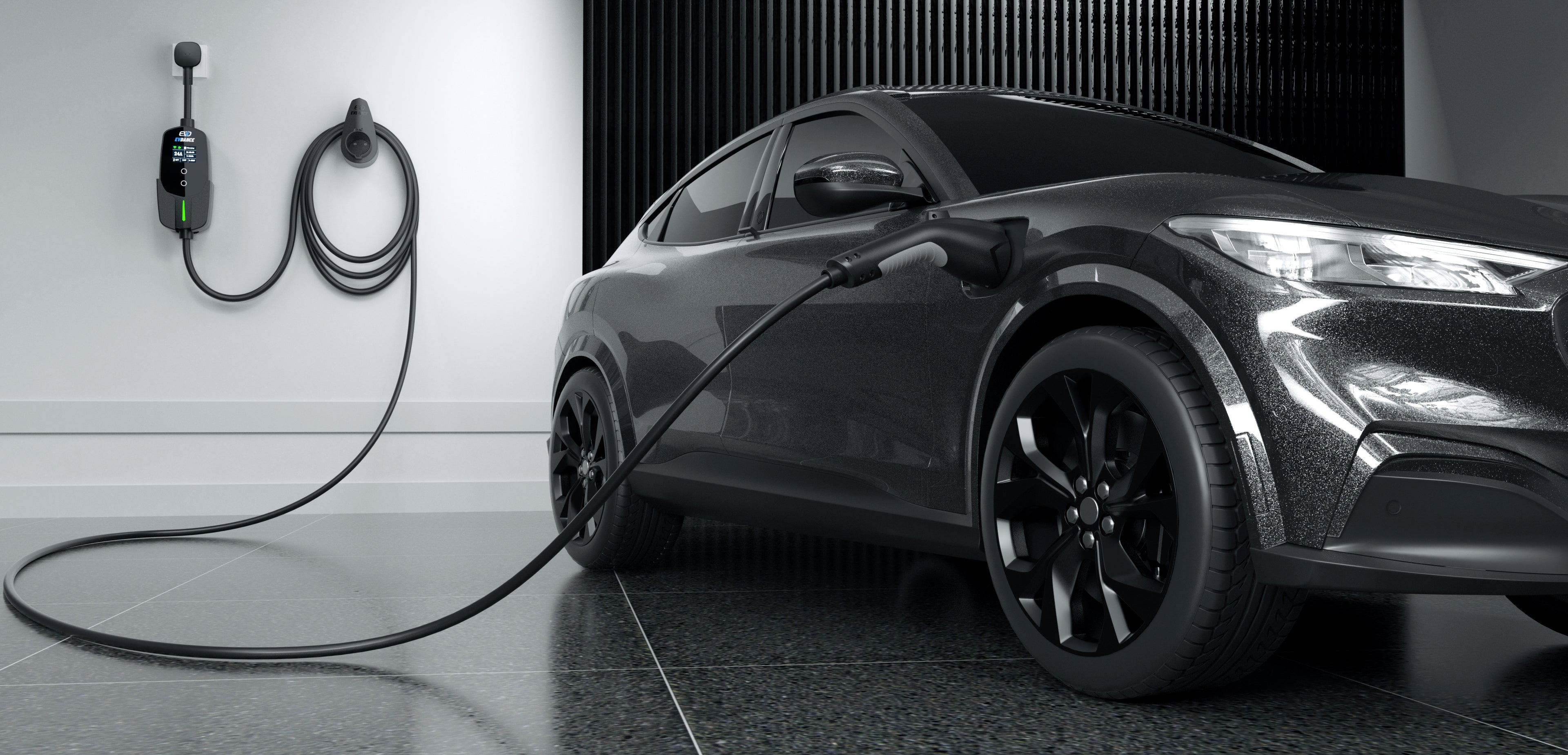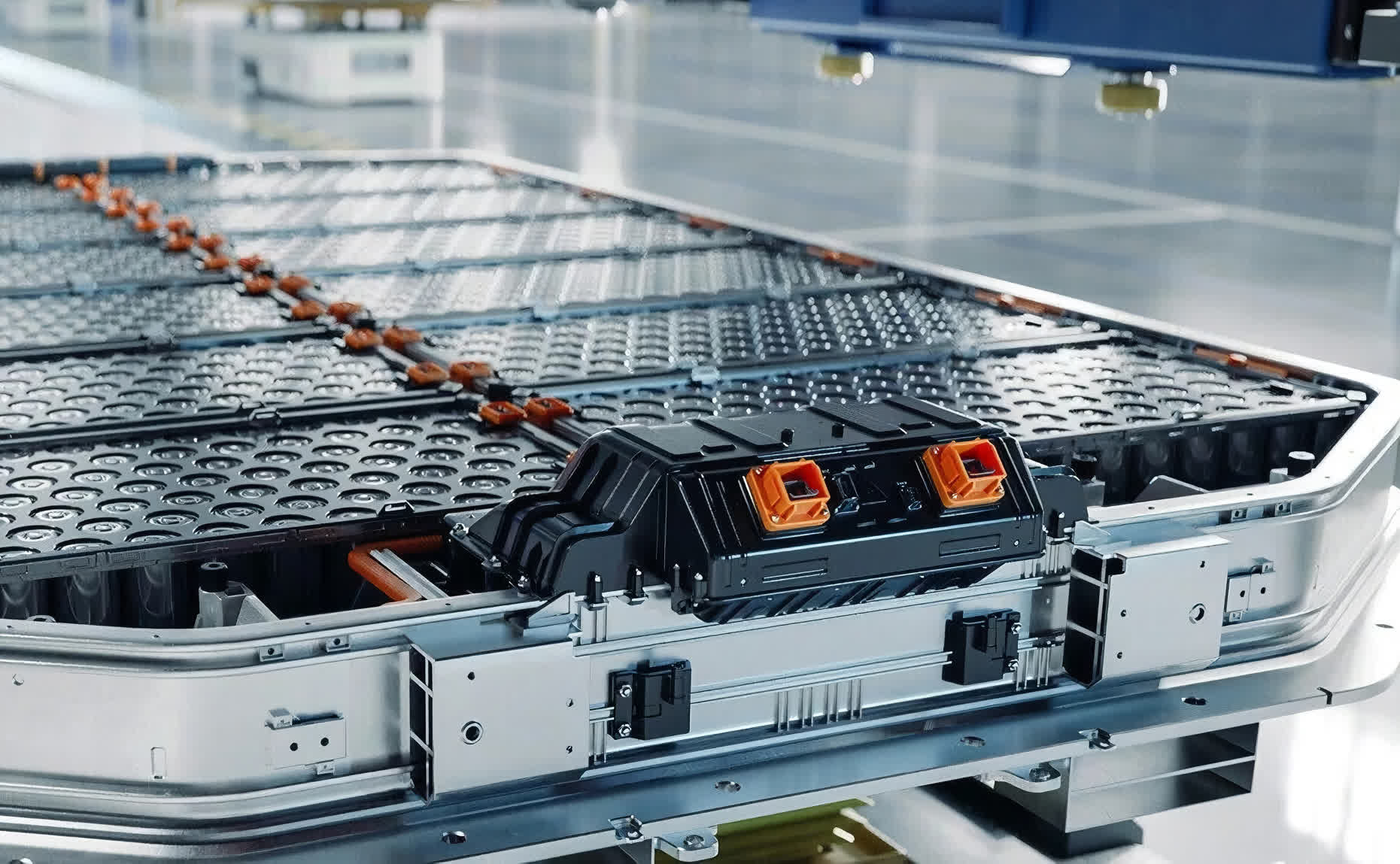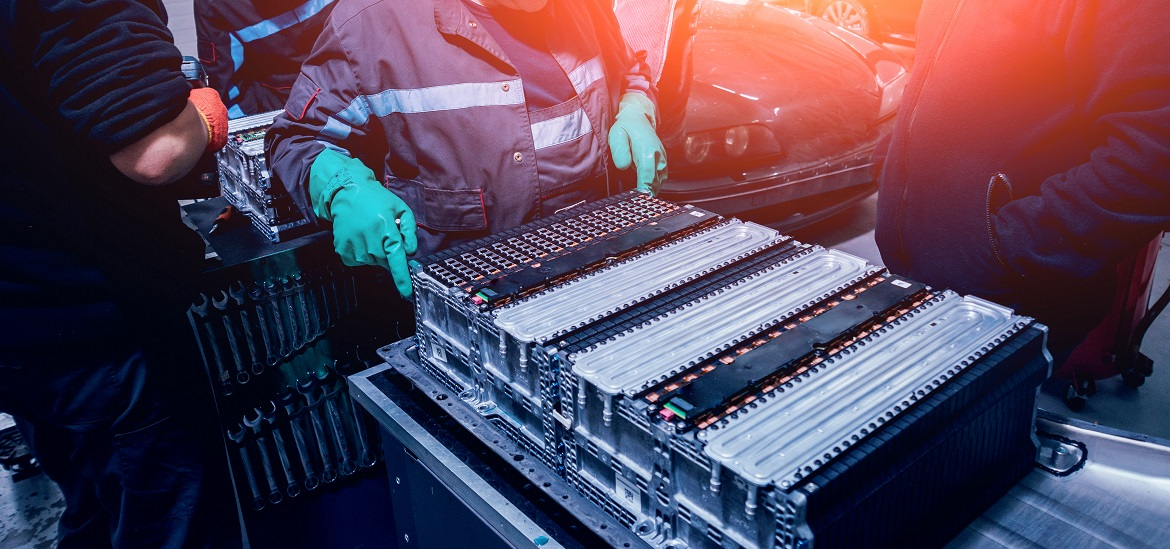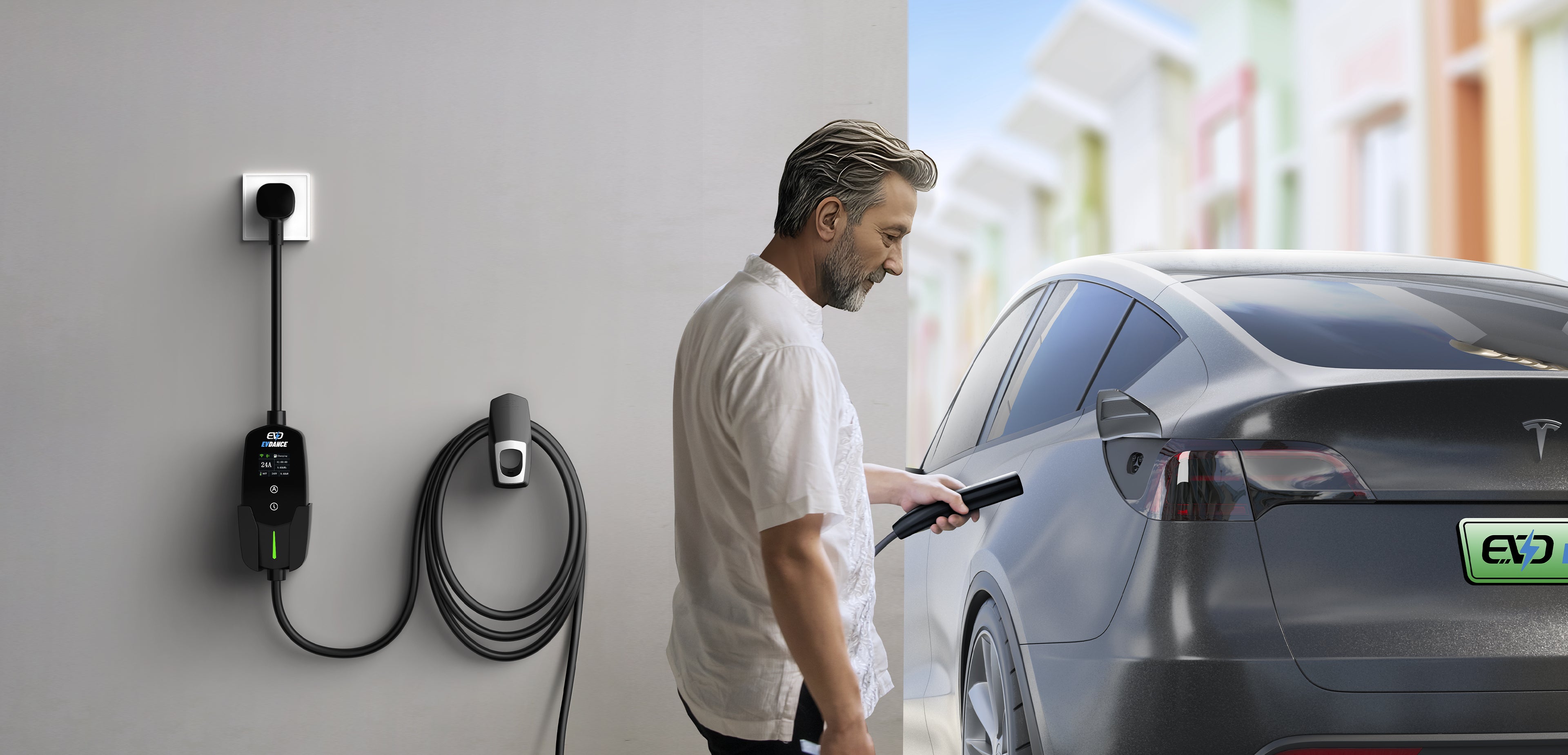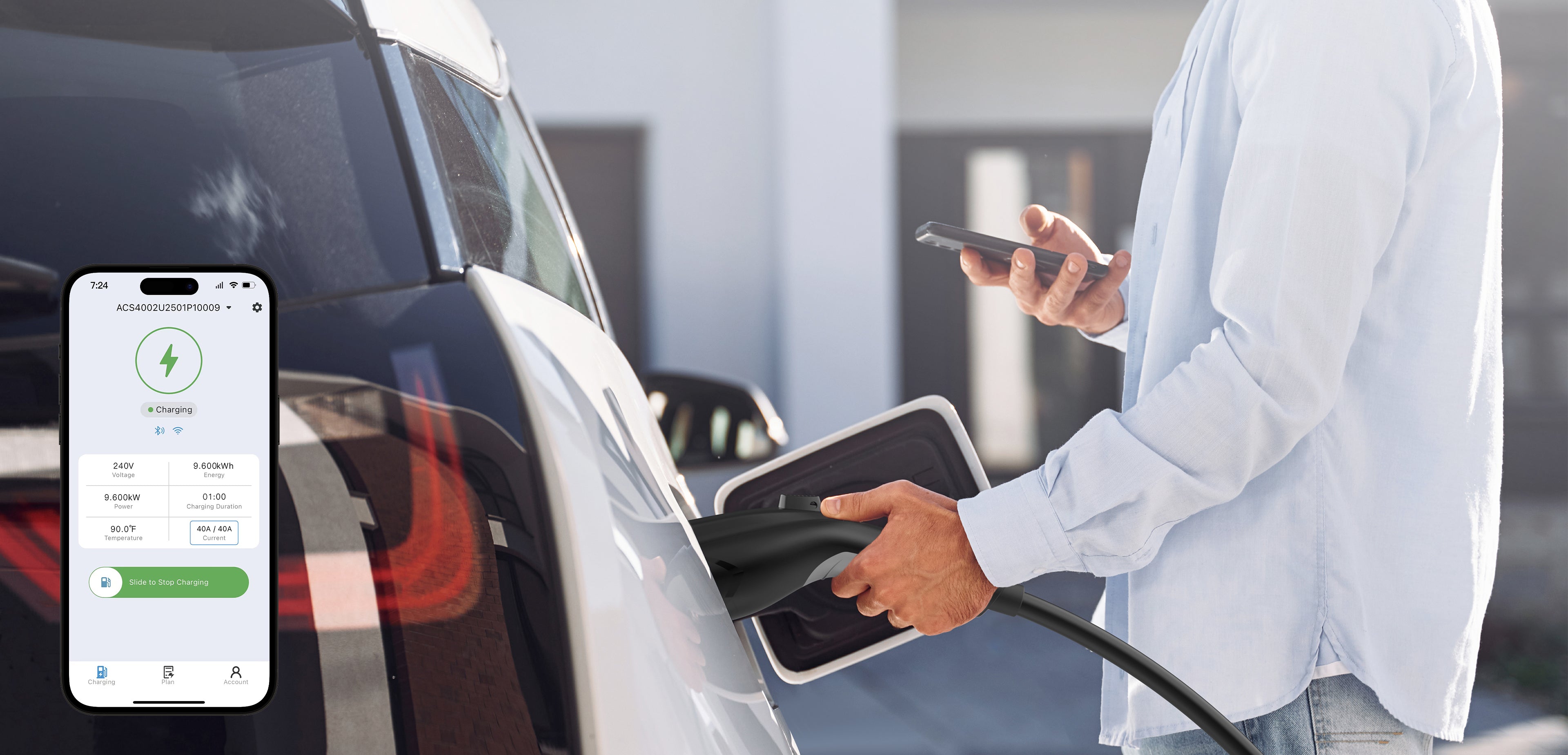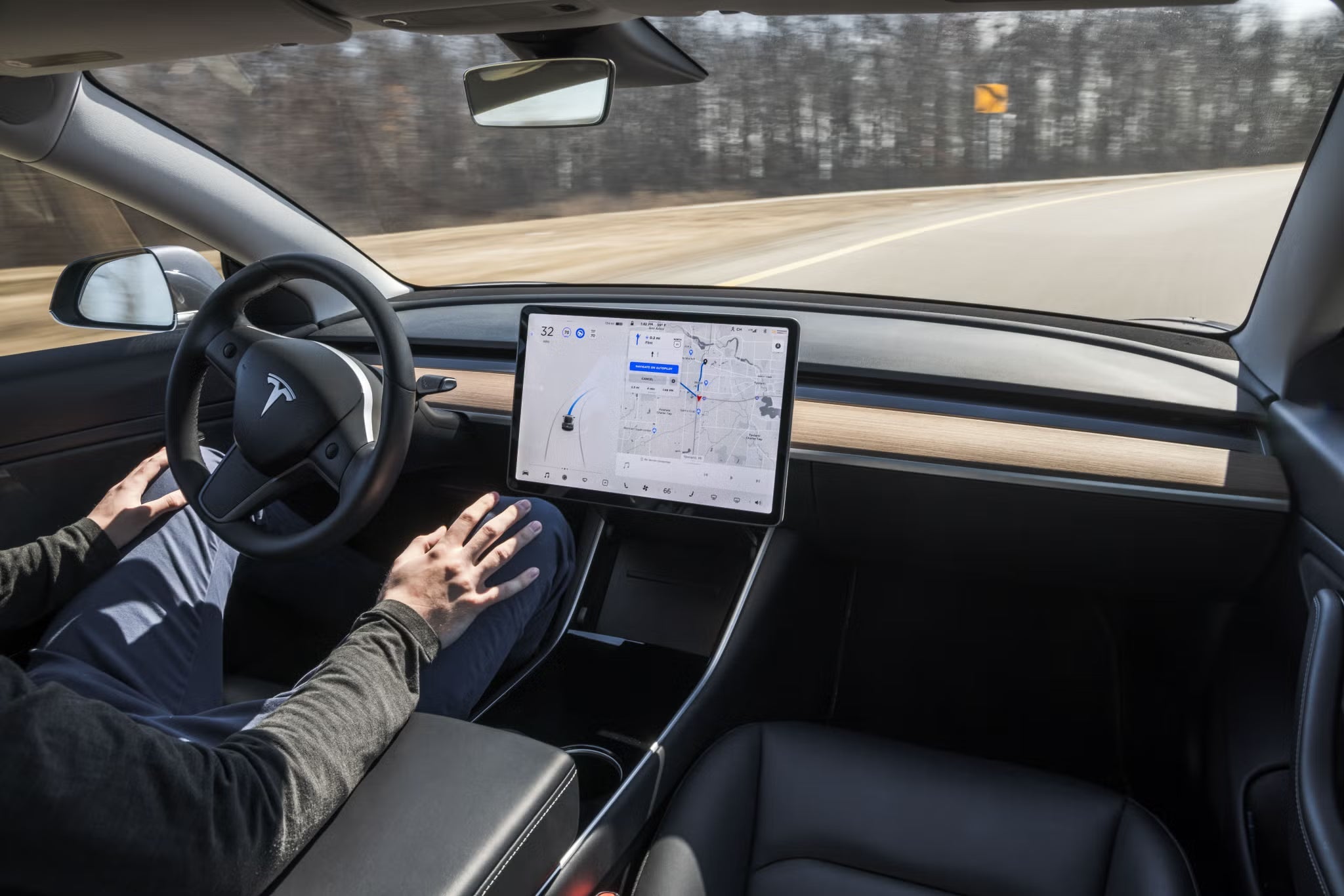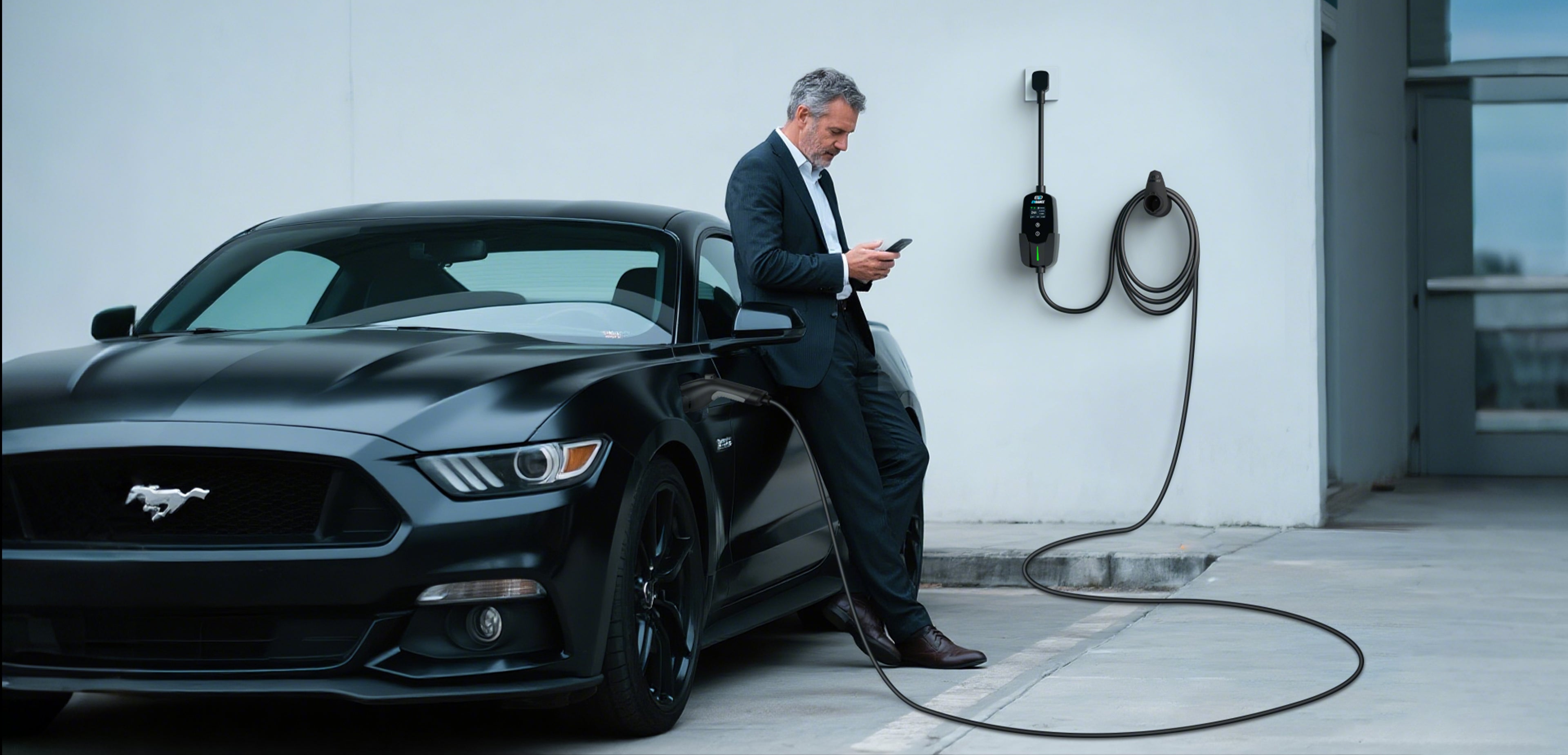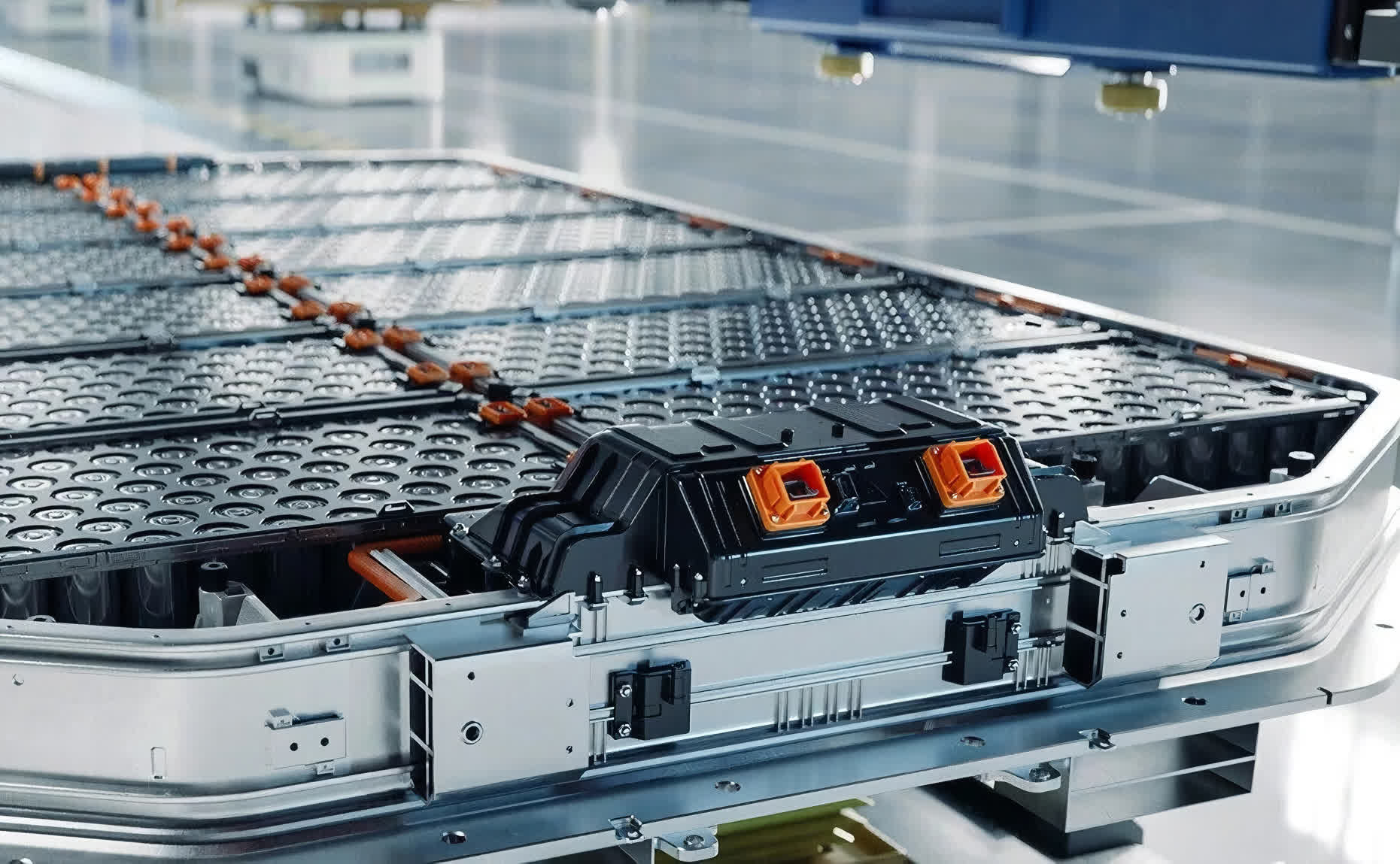Electric Vehicles Charging Knowledge for First-Time Users
How to Find an Electrician for EV Charger Installation
This guide explains how to find a licensed electrician for your EV charger installation, what to ask before hiring, and how to ensure safe, code-compliant setup. It covers costs, permits, and inspection processes, helping new EV owners make smart installation decisions.
EV Charging Cords vs Wall Boxes: Which One Should You Buy First?
What Does kWh Mean? Understanding EV Battery Capacity
🔋 How to Preserve Your EV Battery Life Over Time
This guide explains practical habits to preserve EV battery life over years of ownership. You’ll learn why calendar aging and cycle aging occur, and how daily charge limits, temperature management, and smart use of DC fast charging reduce wear. We outline differences between NMC/NCA and LFP chemistries, give storage and seasonal tips, and show how smart Level 2 charging, preconditioning, and software updates protect capacity. A concise “Do/Don’t” checklist turns best practices into routines. Use this article to extend range, improve reliability, and maintain resale value through simple, repeatable choices.
🔌 Best Wall Outlet Types for EV Charging: NEMA 5-15, 6-20, 14-50 Compared
Choosing the right wall outlet for EV charging is critical for speed, safety, and convenience. This guide compares NEMA 5-15, 6-20, and 14-50 outlets, explaining their voltage, amperage, installation requirements, and charging performance. NEMA 5-15 is the slowest but most accessible, NEMA 6-20 offers a balance of affordability and faster charging, while NEMA 14-50 is ideal for future-proofing and overnight full charges. We also cover installation costs, safety considerations, and tips for selecting the right outlet based on your driving habits. A must-read for beginners planning their home EV charging setup.
⚡ Home Charging vs. Public Charging: What’s Best for New EV Owners?
This article helps new EV owners decide between home and public charging. It explains how each option works, comparing costs, speed, convenience, and long-term savings. Home charging provides affordable, reliable, overnight power for daily use, while public charging offers high-speed access on road trips and for drivers without home setups. The article also explores installation costs, environmental impacts, and lifestyle factors that influence the best choice. Ultimately, most drivers benefit from combining both methods — home for everyday use and public networks for flexibility. This guide empowers beginners to plan EV charging with confidence in 2025.
🚗 Should I Lease or Buy an EV in 2025? Financial Tips for First-Timers
This article helps first-time EV buyers decide whether leasing or buying is the smarter financial move in 2025. It compares the advantages and drawbacks of both options, including upfront costs, long-term value, mileage limits, warranty coverage, and resale potential. Readers will also learn how incentives, interest rates, and technology changes influence the decision. Real-world examples highlight how monthly payments differ between leasing and buying, while lifestyle considerations clarify which option fits best. Whether you want the newest EV technology or the best long-term investment, this guide provides clear financial tips to make the right choice.
⚡ Do I Need to Upgrade My Electrical Panel for Level 2 Charging? A Beginner’s Guide
Many EV owners wonder if their home electrical panel can handle the added demand of a Level 2 charger. This article explains how to evaluate your home’s capacity, the signs that an upgrade might be required, and the differences between panel upgrades and smart load management solutions. We also outline cost ranges, utility incentives, and practical considerations for balancing household appliances with EV charging. With the rise of electric vehicles, understanding your electrical infrastructure is key not only for safe and reliable charging but also for preparing your home for future energy needs.
Will Charging Every Day Damage My EV Battery? Charging Habits Explained




